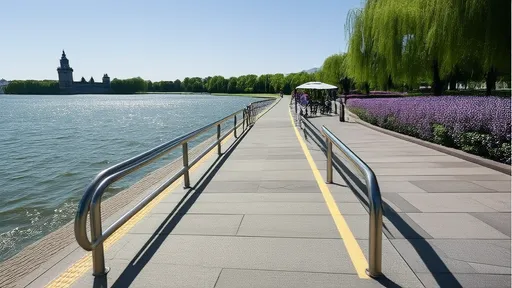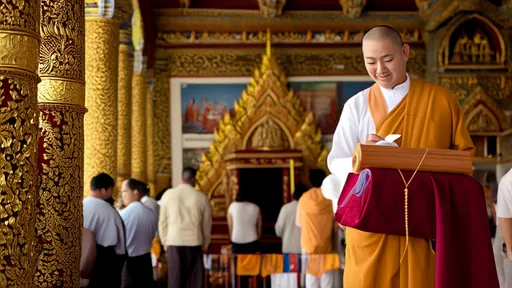For centuries, Japanese onsen (hot springs) and sento (public bathhouses) have served as communal spaces for relaxation and socialization. However, one longstanding tradition has created a cultural barrier for many visitors: the widespread ban on tattoos. Rooted in the association of tattoos with organized crime (yakuza), this policy has left many travelers and locals with ink feeling excluded from a quintessential Japanese experience. In recent years, a growing number of establishments have begun challenging this norm by welcoming tattooed guests—either through designated time slots, private rental options, or entirely tattoo-friendly policies.
The stigma around tattoos in Japan traces back to the Edo period when criminals were forcibly marked with ink. This perception intensified during the 20th century as the yakuza adopted elaborate body art as symbols of loyalty and endurance. While younger generations increasingly view tattoos as fashion statements, many bathhouse operators maintain strict no-tattoo rules to avoid unsettling other patrons. Enforcement varies—some venues turn a blind eye to small, discreet tattoos, while others refuse entry even for foreign tourists unaware of the taboo.
Fortunately, awareness of international visitors’ needs has spurred a quiet revolution. Cities like Tokyo, Osaka, and Kyoto now boast scattered but reliable options for tattooed bathers. These range from upscale ryokan (traditional inns) with private open-air baths to retro neighborhood sento that openly advertise their inclusive policies. Establishments like Jakotsuyu in Asakusa or Yunessun in Hakone have become pilgrimage sites for inked travelers, offering atmospheric soaking experiences without the need for cover-ups.
Navigating these options requires research. Some places permit tattoos only during off-peak hours or if guests book entire sections privately. Others request that tattoos be covered with waterproof patches—a compromise that satisfies hygiene concerns while accommodating modern body art. Dedicated websites and apps now curate real-time lists of tattoo-friendly facilities, complete with photos of bathing areas and translated house rules. This transparency helps visitors avoid awkward encounters and supports businesses willing to break with tradition.
The shift reflects broader changes in Japan’s tourism landscape. As the country prepares for record visitor numbers post-pandemic, pragmatic operators recognize that outdated policies could cost them valuable customers. Younger Japanese with tattoos also increasingly demand access to communal bathing culture. While resistance persists in rural areas and older establishments, urban centers show promising flexibility. For now, tattooed visitors can enjoy a growing selection of baths—from minimalist indoor pools to forest-ringed hot springs—without compromising this deeply ritualized aspect of Japanese life.
Beyond practicality, these inclusive spaces foster meaningful cultural exchange. Foreign bathers often report striking up conversations with locals who are curious about their tattoo designs but no longer wary of sharing the waters. Such interactions gently challenge stereotypes on both sides. As one Kyoto bathhouse owner remarked, "Water washes away more than dirt—it can wash away old prejudices too." With careful planning and respect for etiquette, tattooed travelers can fully partake in Japan’s beloved bathing tradition while supporting progressive change.

By /Jul 25, 2025

By /Jul 25, 2025

By /Jul 25, 2025

By /Jul 25, 2025

By /Jul 25, 2025

By /Jul 25, 2025

By /Jul 25, 2025

By /Jul 25, 2025

By /Jul 25, 2025

By /Jul 25, 2025

By /Jul 25, 2025

By /Jul 25, 2025

By /Jul 25, 2025

By /Jul 25, 2025

By /Jul 25, 2025

By /Jul 25, 2025

By /Jul 25, 2025

By /Jul 25, 2025

By /Jul 25, 2025

By /Jul 25, 2025